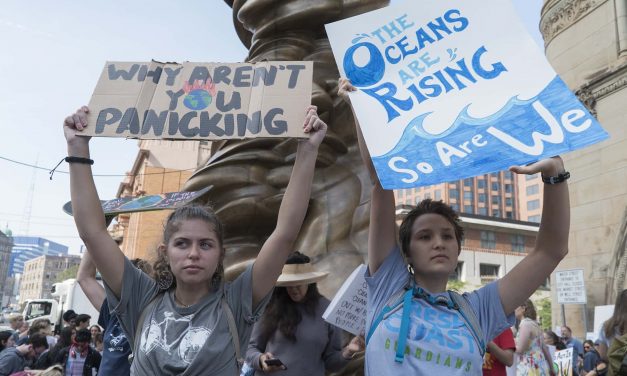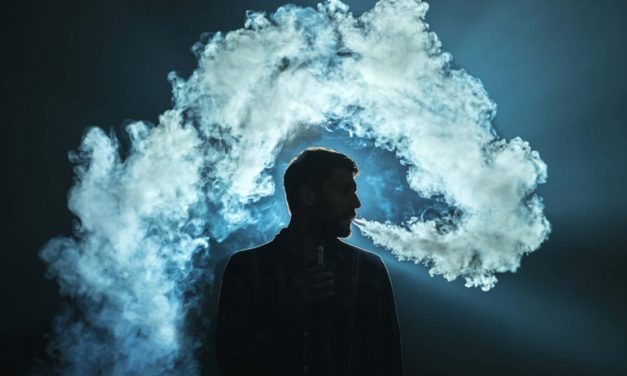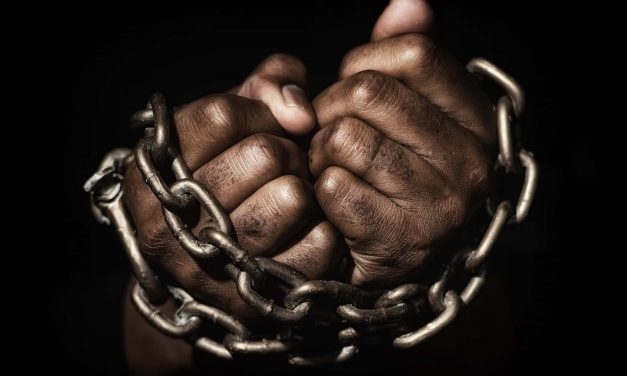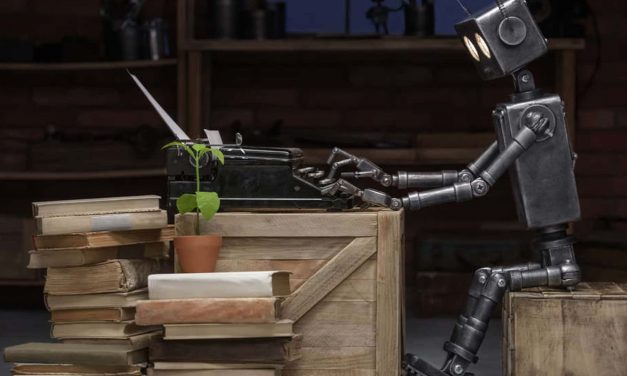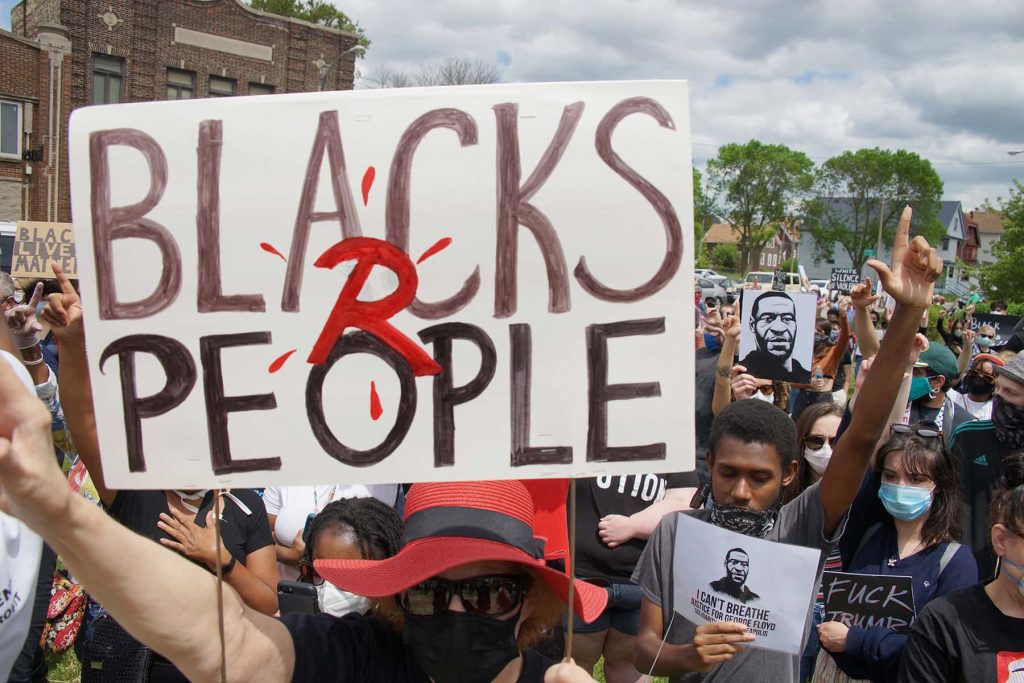Youth-led climate activism appears to be influencing public opinion
By Nathaniel Geiger, Assistant Professor of Communication Science, Indiana University Climate activists walked out of classrooms and workplaces in more than 150 countries on September 20 to demand stronger action on climate change. Mass mobilizations like this have become increasingly common in recent years. I’m a scholar of environmental communication who examines how people become engaged with solving dilemmas such as climate change, and how activism motivates others to take action. A new study I worked on suggests that large rallies, such as this youth-led Climate Strike, could be influencing public opinion. Conflicting signs For anyone in the U.S....
Read More
